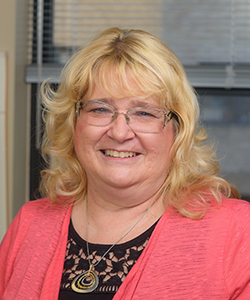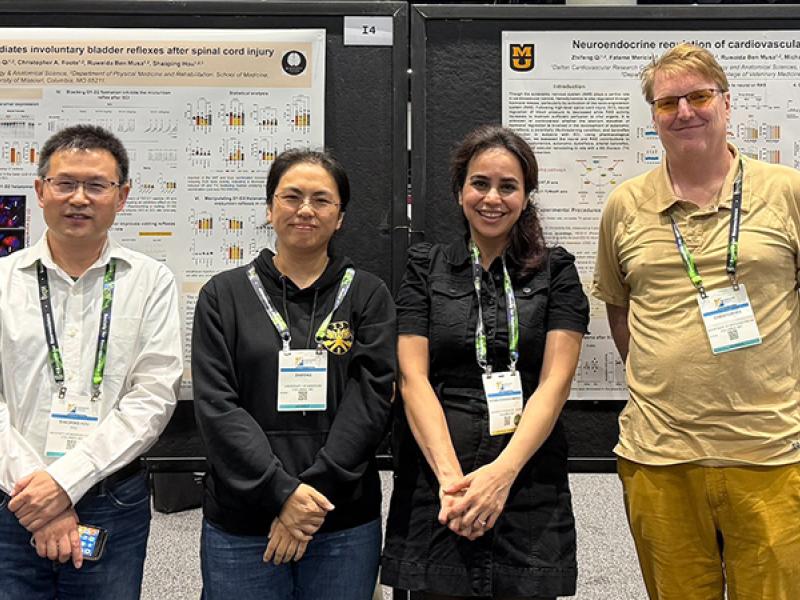
It's logical that health care focuses on the patient. After all, it's the patient who is sick. It's the patient who receives the treatment.

But as Debra Parker-Oliver, PhD, MSW, points out, it's not just the patient who is affected by illness.
"The caregiver is going through this experience as well," said Parker-Oliver, a professor of family and community medicine at the University of Missouri School of Medicine. "Often family or close friends, they have their own views and issues and need to be attended to. There's an overlooked physical, emotional, social and financial toll to caring for somebody."
Parker-Oliver is presenting on the topic during the National Academy of Medicine's Integrating Health Care and Social Services for People with Serious Illness workshop on Thursday, July 19, in Washington, D.C. Registration for a free webcast of the workshop currently is open.
Parker-Oliver, who is the Paul Revare, MD, Family Professor of Family Medicine, has a unique understanding of the challenges caregivers face. As a researcher, she specializes in hospice and palliative care and has devoted much of her time to training caregivers. Her work has received funding from agencies such as the National Institute of Aging and the National Cancer Institute.
But she has personal experience as well. In 2011, her husband, David Oliver — himself a research professor at the School of Medicine's Department of Family and Community Medicine and assistant director at MU's Interdisciplinary Center on Aging — was diagnosed with Stage IV cancer.
Doctors predicted that Oliver would live for six months. He lived 42 months.
"Most of that was quality time. He really did live," Parker-Oliver said.
Her talk at the workshop will draw heavily on what she learned while caring for her husband. She hopes that it will be informative not only for people who find themselves in a similar situation, but also help health care professionals learn to better empathize with and support the caregivers they encounter while treating patients.
"As my husband used to say, cancer or terminal illness or serious illness is a family illness. We need to remember that there are effects on all of the people," Parker-Oliver said. "If in some way my story can motivate some policy or can provide some assistance, that would be amazing."
Following her appearance at the National Academy of Medicine's workshop, Parker-Oliver will deliver the closing plenary at the National Hospice and Palliative Care Organization's 2018 Virtual Conference, Turning Points — Mastering Transitions in Care.





